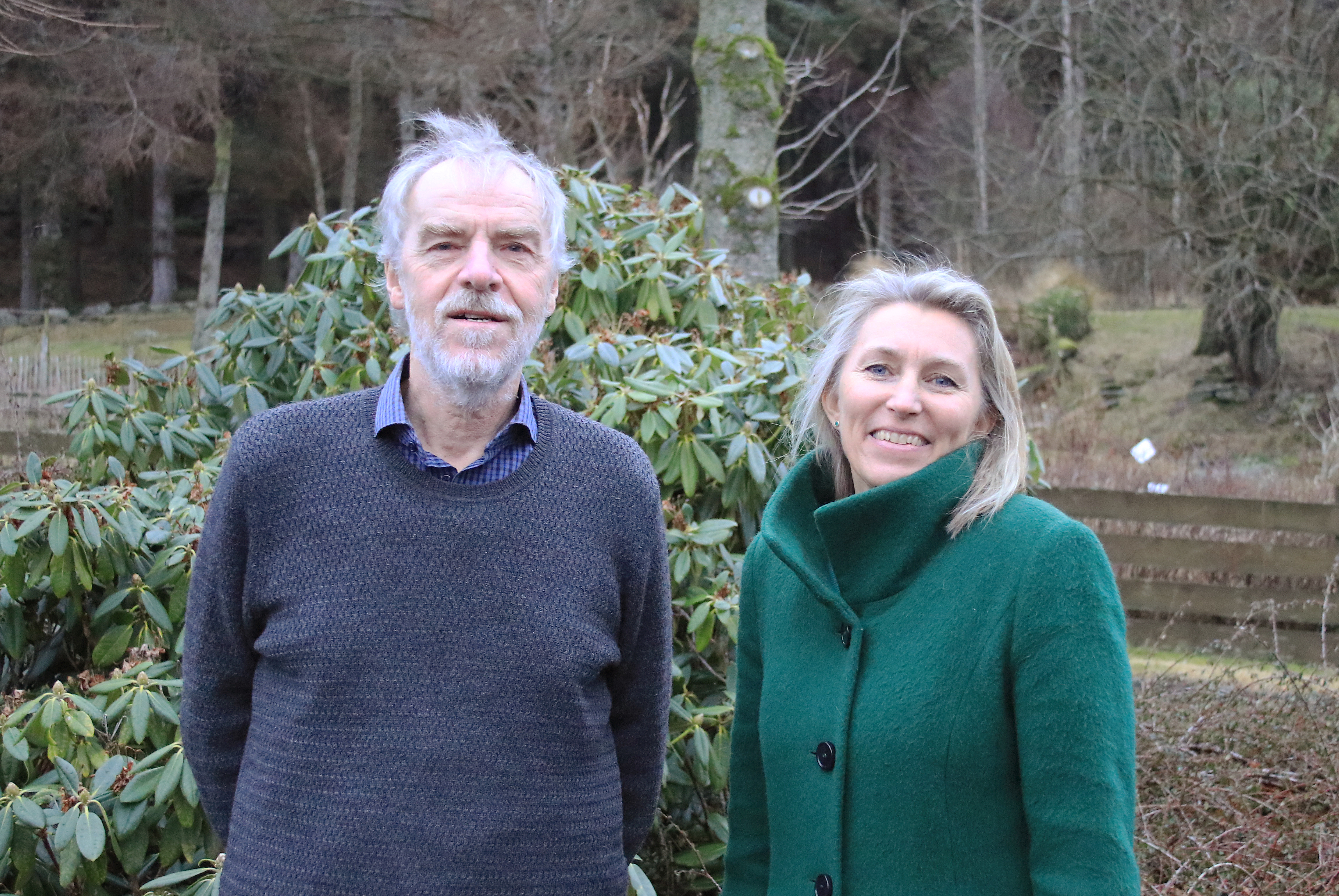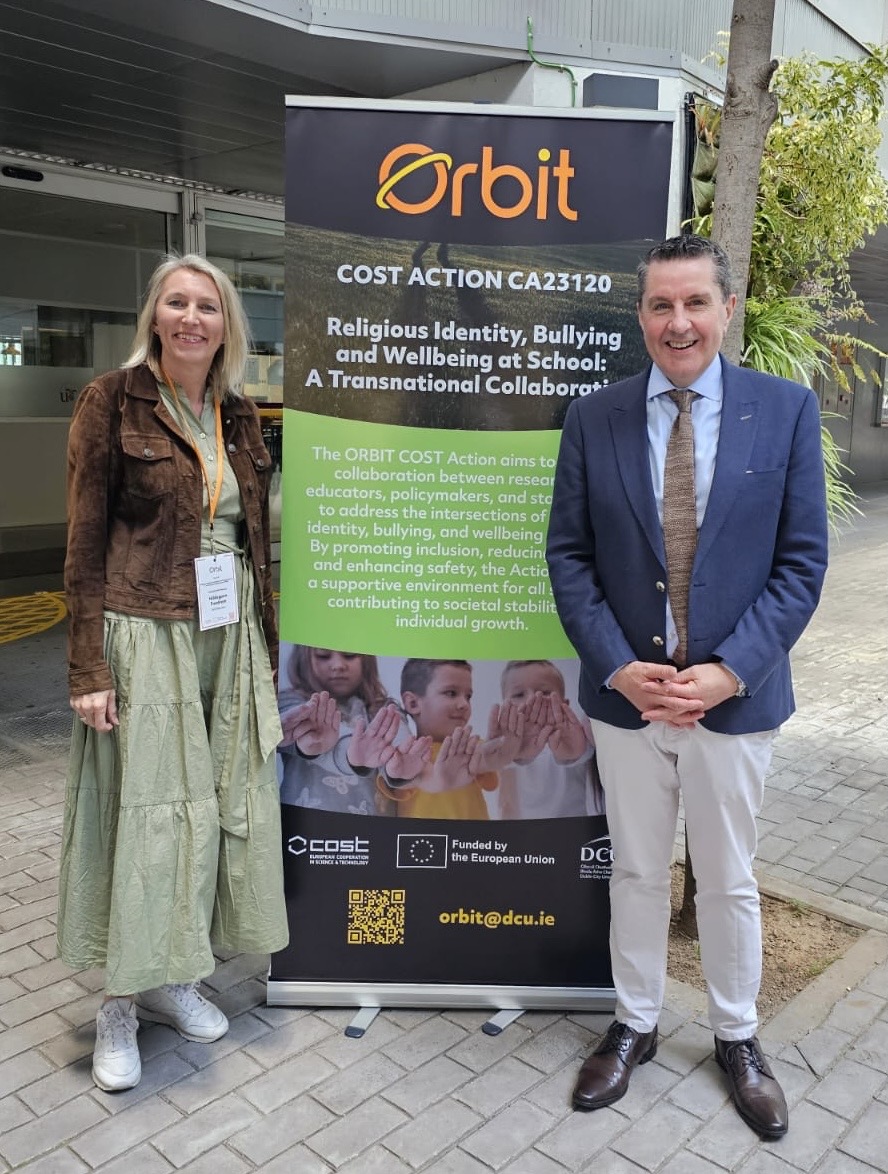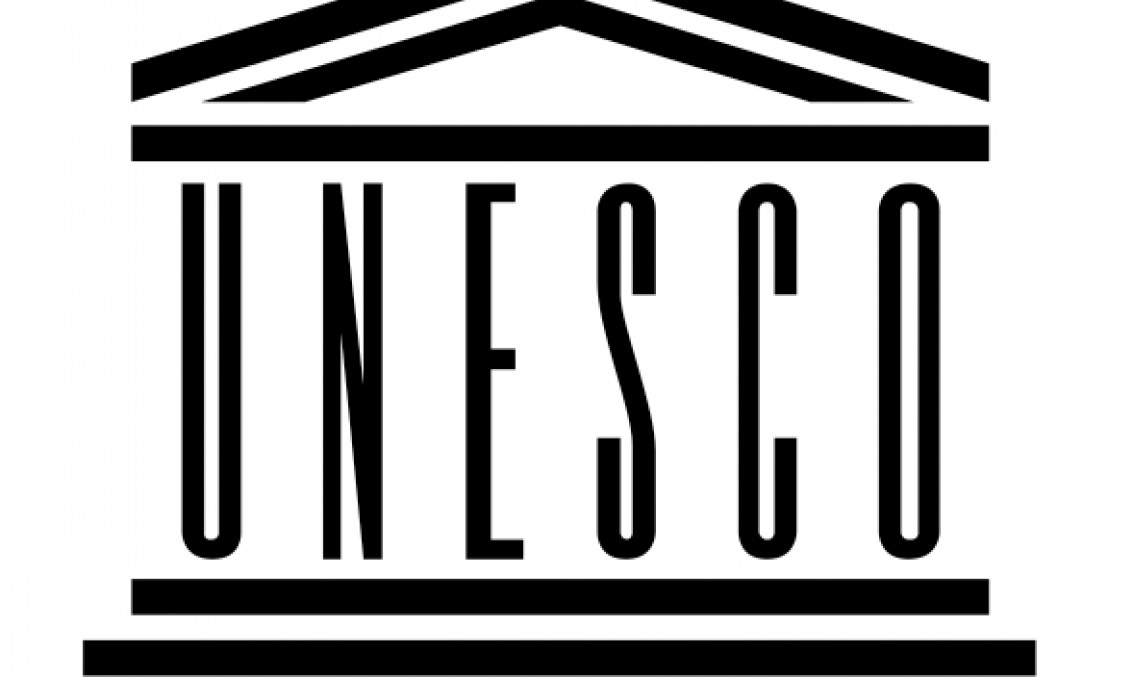The University of Stavanger has extended its UNESCO professorship on diversity, inclusion, and education. This time, it is Professor of Special Education Hildegunn Fandrem who is at the helm. She takes over from Professor of Religious Education Geir Skeie, who continues as co-leader.
UNESCO is the United Nations organization for education, science, culture, and communication.
The appointment of UNESCO Chair is given to institutions worldwide that have academic environments excelling in selected areas relevant to UNESCO. The scheme was established in 1992.
UiS was awarded the 4-year professorship in 2020 after applying to UNESCO. Following a new application, UiS has been granted the professorship for another 4 years.
More important than ever
"This is an international recognition of the work we do in the field of diversity, inclusion, and education, and it provides an opportunity to highlight a topic that is becoming increasingly important as the world develops," says the newly appointed UNESCO Chair, Hildegunn Fandrem.

Fandrem is a professor of special education at The Norwegian Centre of Learning Environment and Behavioural Research in Education at University of Stavanger (UiS), Norway and is honored to have been considered and found worthy of the title. She emphasizes, however, that a solid foundation has been laid by the previous UNESCO Chair, Geir Skeie, and the entire team in the program area for diversity, inclusion, and education at UiS, where she is the co-leader.
"Academia today is largely about teamwork. Although the professorship is technically tied to me and my position, it is an honour that belongs to our entire research community - we stand together on this," says Fandrem.
The UNESCO collaboration has so far been based in the mentioned program area, which ends its period at the end of this year, but the goal is to submit a new program area application with similar themes.
"We want to be a counterweight to what is happening in the USA now, and will do what we can to ensure continued work on a topic that now seems to be losing focus and research support in other parts of the world," Fandrem continues.
Broad relevance at UiS
"We know that many at UiS have been concerned with this topic, across academic environments. There have been various meeting points over the years, including among all those engaged in questions about multiculturalturality. Through the program area for diversity, inclusion, and education and the UNESCO Chair appointment in 2020, the
work on diversity and inclusion related to the field of education became more structured.
"When Geir and I started talking to each other about common issues such as diversity in the classroom, we saw that we had many common points, but where one looks at diversity from a religious and worldview perspective, the other sees it from a social-psychological standpoint. Then we have to step out of our comfort zone and try to understand theories we are not used to using, and sometimes we have to go rounds with ourselves," says Fandrem.
"There is diversity in that too," Skeie continues, "and it challenges us to think differently, which is necessary for development and for creating something new”.
“Interdisciplinarity is central to all our projects. The issues we work on must be solved across disciplines, and challenges related to diversity and inclusion arise in different ways in different fields", Fandrem emphasizes. "The topic is also relevant for sociologists, those working in health and social sciences, as well as education and humanities – and also within technology and business”.
"We are a work community and have the same challenges as other work environments. It's not just about making students proficient in working with these things through their education and bringing forth research that can provide increased insigh but simply becoming even better at handling diversity and inclusion in our own work environment. One would like it to happen by itself, but it's not that simple," Skeie believes.
Collaboration outside UiS
Fandrem is further concerned with how the extension of the UNESCO professorship is an opportunity to maintain and further develop good connections already established across universities, both nationally and internationally. She particularly highlights the collaboration with another UNESCO Chair, namely the UNESCO Chair for Bullying and Cyberbullying, James O’Higgins Norman, at Dublin City University (DCU).

"James and I have collaborated for many years. We started collaborating on an international online study on bullying several years ago, which was important for both DCU and UiS, as both are members of the so-called ECIU Universities. Over time, we have also developed research collaboration. DCU and UiS have collaborated on applications for, and realization of, several COST networks; the former TRIBES dealt with migration and bullying, while the current ORBIT addresses religious identity and bullying. In addition, we are partners in the Marie Curie doctoral network Participate, where digital bullying is the central theme. And, last but not least, DCU is the international partner in our NFR-funded research project LIFE, on life mastery. It will be nice to continue the collaboration as UNESCO Chairs.
VID Specialized University has also been an important national partner in TRIBES and is a collaborator now in LIFE, they have also been active in the mentioned program area and will be central participants in the new team around the UNESCO Chair.
Collaboration outside academia
"Research shows that it is difficult to achieve social leveling through education even though this is a politicalwish. When it proves so difficult in practice, we need more knowledge about why this happens and collaboration between researchers, politicians, and those working in schools and kindergartens," says Skeie.
"Diversity and inclusion are part of complex societal processes. It is an open societal field, and we cannot just keep it within a narrow academic world. We are therefore already developing collaboration outside academia, both locally, nationally, and internationally. The Fiji Foundation is, for example, a partner we aim to achievemore with. I have previously worked voluntarily for this foundation and think it would be nice to be able to follow up this work in more formalized forms in the long term and at the same time meet sustainability goals more globally," says Fandrem.
Sustainability goals central
The professorship and the theme of diversity, inclusion, and education are closely linked to the UN's fourthsustainability goal, about equal right to good education. This goal includes the inclusive perspective. Everyonehas the right to education and to be able to use it in society. Therefore, it is important to look at what it is like to be in the education system, both nationally and internationally. Although we in Norway have a well-functioningeducation system, there is great variation in how one experiences it. Then we are right into the issues relatedto diversity and inclusion, which also involve democratic citizenship.
"Isn't that one of the most relevant areas to work on today, then I don't know," concludes Fandrem.
Contact us
Norwegian Centre for Learning Environment and Behavioral Research in Education
Hildegunn Fandrem holds the position of UNESCO Professor. She is a Professor of Special Education at the Norwegian Centre for Learning Environment and Behavioural Research in Education at University of Stavanger (UiS), Norway.
Fandrem's research focuses on diversity and inclusion, minority language students, bullying (including cyberbullying), and life skills. She is the project leader for the LIFE and PARTICIPATE projects.


